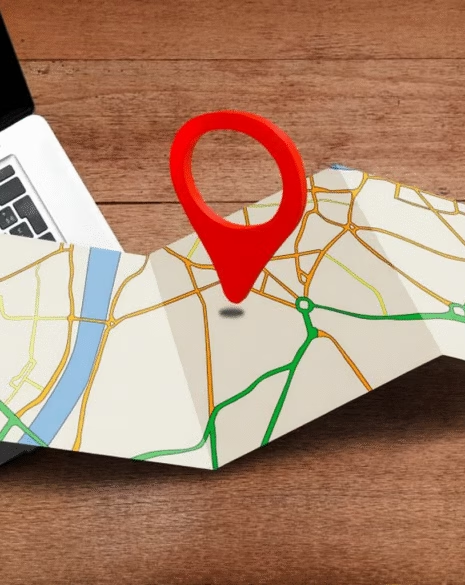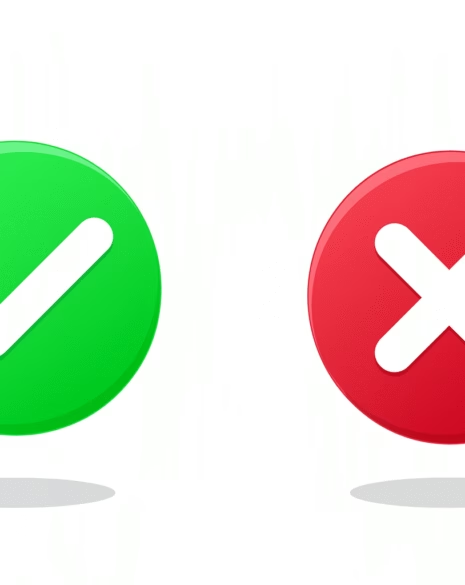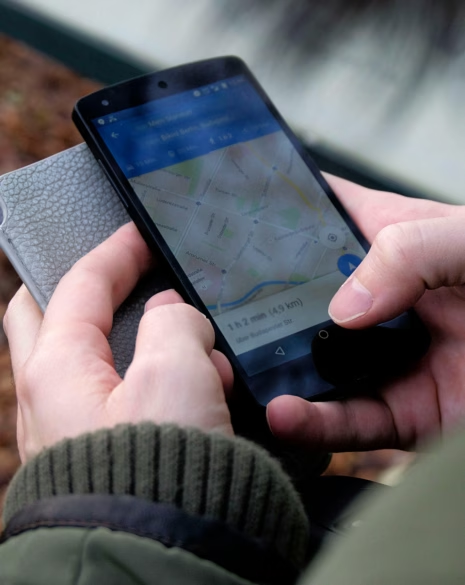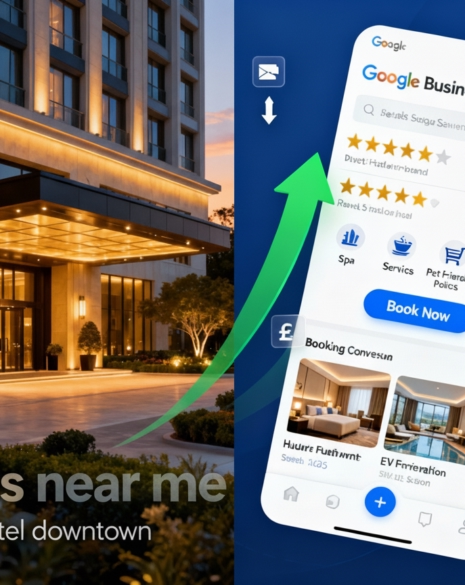Local SEO has become a make-or-break element of hotel marketing. As Google Maps, mobile search, and location-aware results dominate the booking journey, your hotel’s local presence isn’t just helpful — it’s essential.
But there’s a gap. Many hotels either don’t realise how important local SEO is, or they treat it as a one-time task — claiming their Google profile and moving on. The result? Missed visibility, lower trust, and more bookings diverted to OTAs or competitors.
This guide outlines a practical, 2025-ready approach to local SEO — built specifically for hotels that want to show up more often, in the right places, and for the right audience.
Optimising Your Google Business Profile
Your Google Business Profile is often the first digital impression you make. It’s what shows up in the local pack, in map results, and sometimes even before your website. Yet, too often, it’s incomplete or outdated.
The basics matter: your name, address, and phone number should match exactly what’s on your website. Categories should be chosen with intent — don’t stop at “Hotel” if “Boutique Hotel” or “Wedding Venue” are also accurate. The photos you feature should reflect your property’s best side, not whatever the OTAs scraped and uploaded.
And importantly, your profile isn’t static. Posting regular updates — such as new offers, events, or local partnerships — shows Google (and potential guests) that you’re active, relevant, and worth considering. If you’re not sure what’s required, Google’s official guidance is a solid place to start.
Getting Your Listings Consistent Across the Web
NAP consistency — your name, address, and phone number — isn’t just administrative hygiene. It’s a foundational trust signal. Google cross-references your hotel’s details across hundreds of platforms. When those listings are inconsistent, it raises doubt.
Start with a manual search of your hotel name and note how you appear on key platforms like Yell, Hotfrog, Tripadvisor, Facebook, Expedia, and Apple Maps. Pay attention to small formatting differences too — missing postcodes, inconsistent phone numbers, or old addresses can all weaken your credibility. You can use platforms like Moz Local or BrightLocal to help streamline this process.
Embedding your contact information on your own website with schema markup (specifically the LocalBusiness schema) also helps reinforce your authority and location relevance.
Build a Location Landing Page That Actually Ranks
If your hotel website doesn’t include a dedicated location landing page, that’s an opportunity missed. This page should help guests understand not just where you are, but why your location adds value to their stay.
Think about how you’d describe your area to a guest on the phone. Highlight local landmarks, neighbourhood charm, nearby attractions, and how your hotel fits into that story. Include a map, mention your proximity to local events or transport, and structure the content to support your core SEO terms. A descriptive headline like “Boutique Hotel in Bath” or “Seafront Hotel in Brighton” tells both users and Google exactly what you offer, where.
You can also enhance this page with internal links to your blog content or packages, FAQs, and schema markup to make the page more visible and structured for search engines.
High-Quality Local Listings Still Matter
Citations are still relevant, especially when sourced from quality directories and travel-related platforms. Submitting your hotel to directories like Hotfrog, Yell, Tripadvisor, and relevant local tourism boards helps reinforce your authority in Google’s eyes — particularly if your competitors aren’t doing the same.
There’s no need to go overboard. A small number of accurate, high-quality listings carry more weight than a flood of questionable backlinks from spammy directories. Prioritise relevance and accuracy every time.
Take Control of Your Review Presence
Online reviews are one of the top local ranking factors — and one of the strongest social proof signals you have. A steady flow of recent, relevant, and honest reviews gives Google confidence and helps potential guests feel reassured.
Encourage reviews through your post-stay emails or front desk touchpoints, but make it feel personal — not robotic. Monitor platforms like Google, Tripadvisor, and Facebook regularly. Respond thoughtfully to all feedback, positive and negative. Guests want to feel heard, and Google wants to see engagement.
Interestingly, reviews that reference specific amenities or location points also help your local SEO, especially if they naturally include keywords. Just don’t try to force it.
For a deeper dive on how reviews impact local rankings, Google covers it here.
Localise Your Website Content Without Overdoing It
It’s not enough to just say “we’re a hotel in [city]” once. Local context should be baked into your homepage, room descriptions, and blog posts.
Describe your setting naturally — are you on the edge of a national park, close to a cultural hub, walking distance from a station? Create content that addresses nearby events, festivals, attractions, and activities. This isn’t just for rankings — it helps potential guests imagine themselves there.
BrightLocal offers a good framework for building locally relevant content here.
Link your blog content back to your location page or homepage, and vice versa. That internal linking helps Google understand the relevance and relationship between your pages — and it helps guests navigate your site more easily.
Measure What’s Working
All of this effort only pays off if you track your results.
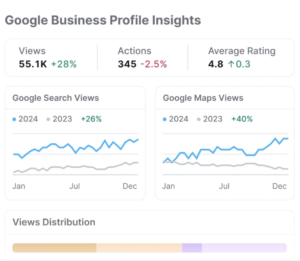
Check your Google Business Profile Insights regularly to see how many people are clicking to your website, calling your front desk, or requesting directions. Use tools like BrightLocal or Semrush to monitor local rankings over time. Tag your links from GBP with UTM codes so you can track them clearly in GA4.
But remember — the real goal isn’t better rankings. It’s more direct bookings, more qualified leads, and more engaged guests.
Final Thoughts
Local SEO isn’t a one-and-done exercise. It’s a competitive edge — one that’s especially powerful for hotels that want to attract the right kind of guest: those who are ready to book, nearby, and actively searching.
Most hotels still treat it as a checklist. But if you treat it as an ongoing strategy — one that’s embedded in your website, your listings, your reviews, and your content — you’ll be miles ahead.
If you’re ready to take your hotel’s SEO beyond the basics, let’s talk. That’s exactly what we do.
